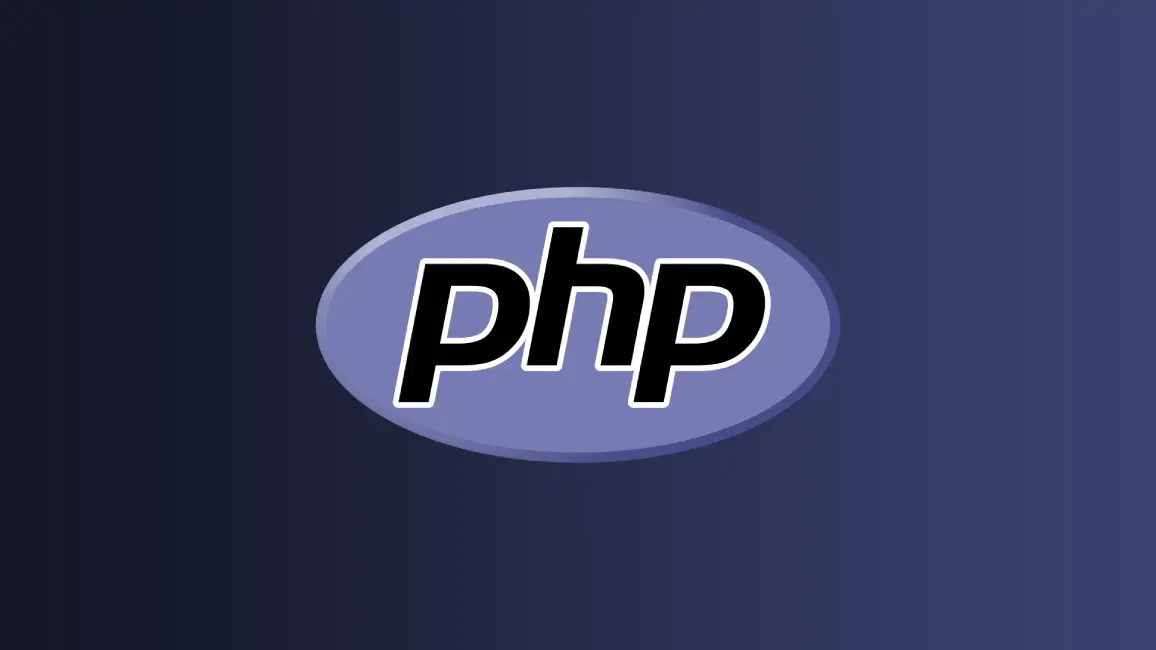
Class Inheritance in Object-Oriented PHP for Code Reusability
In object-oriented programming, class inheritance is a powerful concept that allows developers to create new classes based on existing ones.
In object-oriented programming, class inheritance is a powerful concept that allows developers to create new classes based on existing ones. In PHP, class inheritance enables code reuse, promotes modular design, and provides a way to specialize or extend the functionality of a parent class. In this article, we will explore class inheritance in PHP, understanding its syntax, benefits, and practical examples.
Defining a Parent Class
To begin with, let’s define a parent class that will serve as the foundation for our inherited classes. The parent class contains properties and methods that are common to the classes derived from it. Here’s an example:
class Food {
protected $name;
public function __construct($name) {
$this->name = $name;
}
public function getName() {
return $this->name;
}
}
In the above example, we define a class called “Food” with a protected property $name and a method getName().
Creating a Subclass
class Fruit extends Food {
public function isTasty() {
echo $this->name . " is tasty.";
}
}
In this example, we define a subclass called “Fruit” that extends the “Food” class. The subclass inherits the $name property and the getName() method from the parent class. Additionally, we define a new method isTasty() specific to the Fruit class.
Specializing the Subclass
One of the main advantages of class inheritance is the ability to specialize the behavior of the subclass. This means adding new properties and methods or modifying the inherited ones. Let’s continue with our “Fruit” subclass example:
class Fruit extends Food {
public function isTasty() {
echo $this->name . " is tasty.";
}
public function getName() {
echo "The name of this fruit is" . $this->name;
}
}
In this updated example, we override the getName() method inherited from the parent class to provide a specialized implementation for the Fruit class. Now, when a Fruit object calls the getName() method, it will display a customized message.
Accessing Parent Class Methods
In a subclass, you can access the methods of the parent class using the parent keyword. This is useful when you want to extend the functionality of the parent class while still utilizing its existing behavior. Here’s an example:
class Fruit extends Food {
public function isTasty() {
echo $this->getName() . " is tasty.";
}
}
In this example, the isTasty() method of the Fruit class calls the getName() method from the parent class using parent::getName(). This allows the Fruit class to extend the behavior of the parent class while still utilizing its original functionality.
Multiple Inheritance in PHP
PHP does not support multiple inheritance, meaning a class cannot directly inherit from multiple parent classes. However, PHP provides an alternative mechanism called interfaces. Interfaces define a contract that a class can implement, allowing for behavior similar to multiple inheritance. Here’s an example:
interface Swimmable {
public function swim();
}
class Dolphin extends Animal implements Swimmable {
public function swim() {
echo $this->name . " is swimming.";
}
}
In this example, we define an interface called “Swimmable” with a method swim(). The “Dolphin” class extends the “Animal” class and implements the “Swimmable” interface, enabling it to inherit both the properties and methods of the parent class and the behavior defined in the interface.
Conclusion
Class inheritance in PHP provides a powerful mechanism for code reuse, modular design, and specialization. By extending a parent class, you can inherit its properties and methods, while also customizing and adding new behavior in the subclass. This promotes cleaner, more organized code and enables developers to build flexible and scalable applications. Understanding and utilizing class inheritance is an essential skill for any PHP programmer, allowing you to create elegant and efficient object-oriented solutions.
